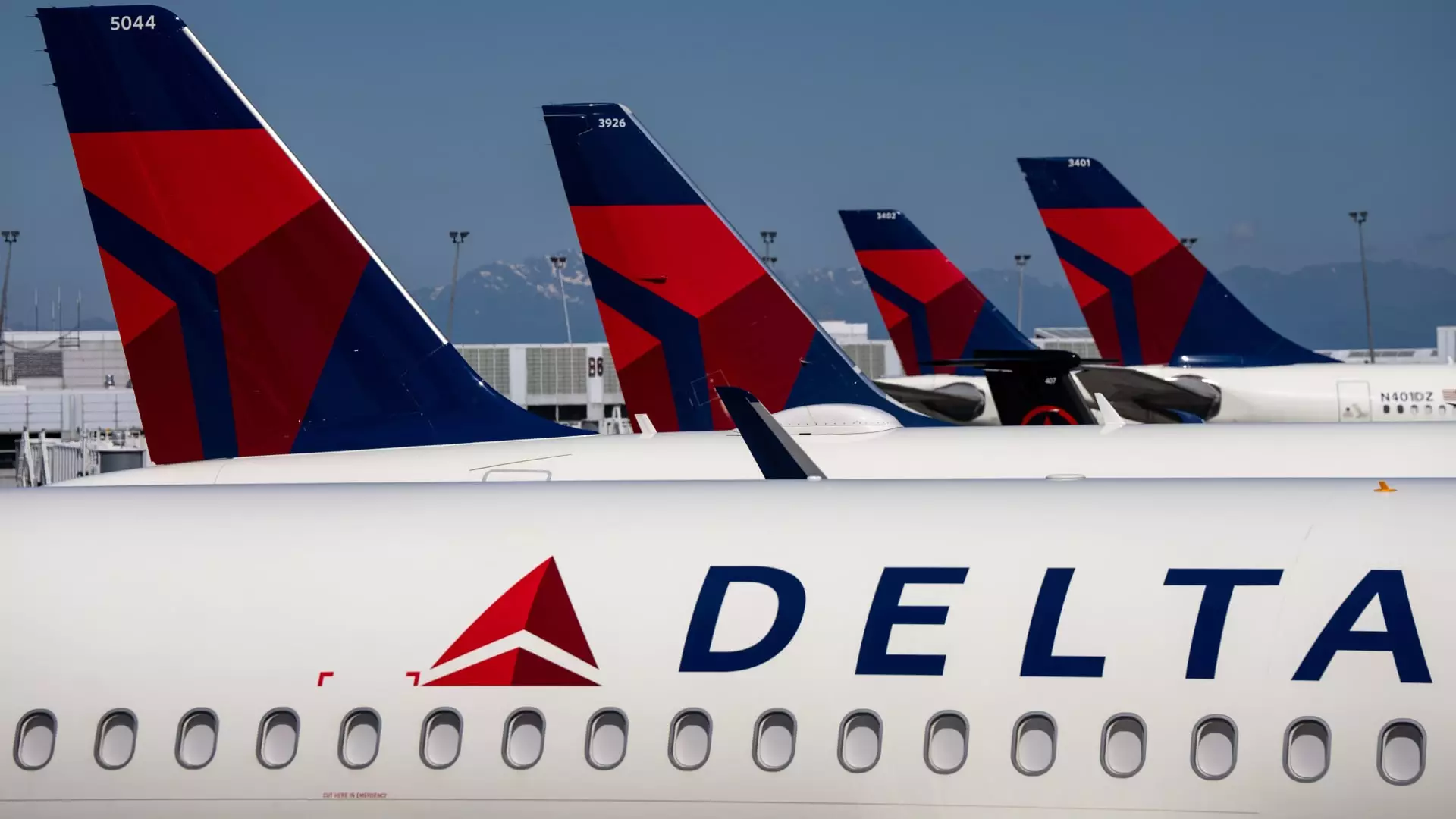Microsoft recently retorted Delta Air Lines’ claims of not modernizing its technology prior to the massive IT outage that led to the cancellation of thousands of flights. Delta CEO, Ed Bastian, insisted that Microsoft and CrowdStrike were responsible for the disruptions, leading to significant financial losses for the company. However, Mark Cheffo, a Dechert partner representing Microsoft, indicated that Delta’s IT infrastructure appeared outdated compared to its competitors, impacting their ability to recover swiftly from the crisis.
Delta’s Defense
Conversely, Delta responded by highlighting its substantial investments in IT capital expenditures since 2016, emphasizing its commitment to safe, reliable, and elevated service for customers and employees. The airline refuted claims of neglecting its IT infrastructure, noting that they had allocated billions of dollars to IT enhancements, in addition to substantial annual IT operating costs. Delta’s pushback suggests a disparity in perspectives regarding the technological preparedness within the airline industry.
Contractual Disputes and Allegations
The issue escalated with allegations of Microsoft failing to comply with contractual obligations and behaving in a negligent manner concerning the faulty update from CrowdStrike that precipitated the IT outage. Delta’s legal representative accused Microsoft of acting willfully, sparking a heated exchange between the two companies. Microsoft’s response condemned Delta’s public statements as incomplete, false, and damaging to its reputation, further complicating the dispute.
Missed Opportunities and Failed Communication
Amid the blame game, revelations emerged regarding missed opportunities for collaboration between Delta, Microsoft, and CrowdStrike in resolving the crisis. Microsoft claimed to have offered assistance to Delta for free but was rebuffed repeatedly during the critical days following the incident. Likewise, attempts by CrowdStrike to extend consulting advice went unanswered, indicating a breakdown in communication and cooperation among the involved parties.
The focus shifted to Delta’s reliance on diverse technology providers, such as IBM and Amazon, for essential operational systems like crew-tracking and scheduling. This dependency on varied platforms raised questions about Delta’s decision to decline Microsoft’s aid, considering the disparate IT ecosystem managed by different vendors. The evolving technological landscape in the aviation sector underscores the complex interplay of dependencies and compatibility challenges.
The Microsoft-Delta confrontation underscores the critical role of technology in ensuring the operational efficiency and resilience of airline services. The need for enhanced collaboration, transparent communication, and proactive measures in addressing IT disruptions is paramount for industry players. As digital transformation accelerates, airlines must reassess their technological readiness and foster robust partnerships with IT vendors to navigate unforeseen challenges effectively.
The Microsoft-Delta dispute illuminates the intricate dynamics at play when technology failures impact large-scale operations in the airlines sector. The clash of perspectives, contractual disputes, missed opportunities for cooperation, and technological dependencies underscore the multifaceted nature of managing IT disruptions in a rapidly evolving industry landscape. As both companies seek to address the aftermath of the IT outage, the incident serves as a cautionary tale for the aviation sector, emphasizing the imperative of technological diligence and collaborative efforts to mitigate future crises effectively.


Leave a Reply